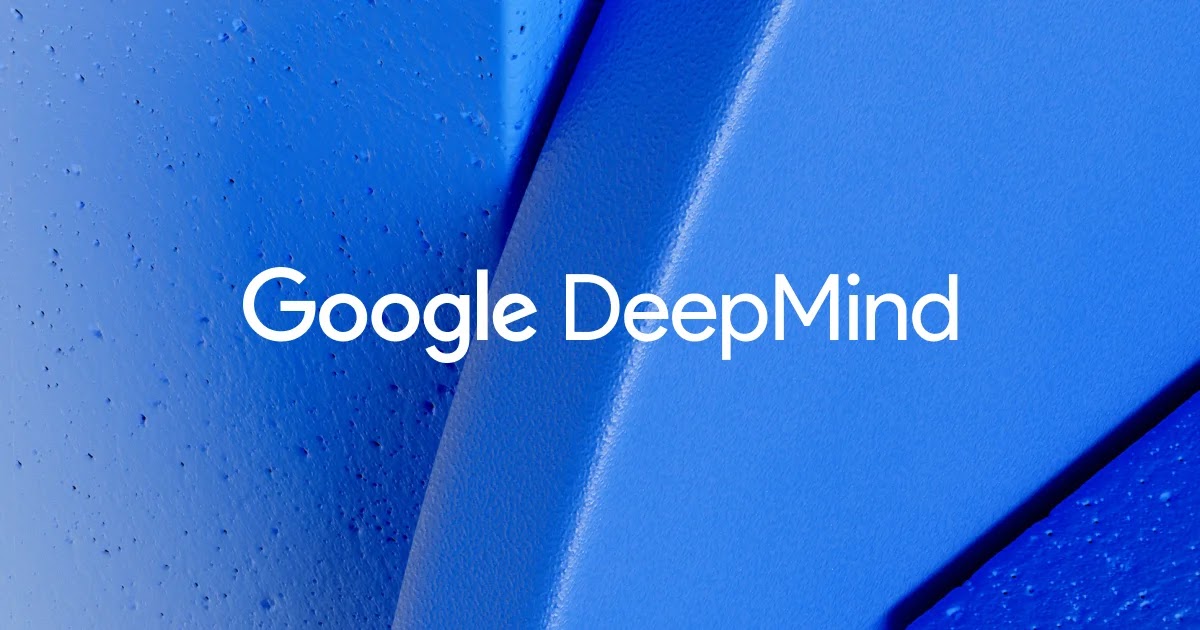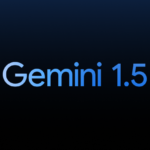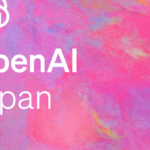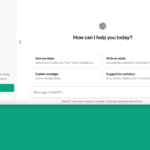
[ad_1]
Life at DeepMind
Former intern turned intern manager, Richard Everett, describes his journey to DeepMind, sharing tips and advice for aspiring DeepMinders. The 2023 internship applications will open on the 16th September, please visit https://dpmd.ai/internshipsatdeepmind for more information.
What was your path to DeepMind?
Like many people, I loved playing multiplayer video games growing up. The interactions between human players and seemingly intelligent computer-controlled players fascinated me, and I dreamed about a career in AI. This dream led me to pursue an undergraduate degree in computer science; a common (but not exclusive!) pathway into the industry. However, after working on several research projects with my professors, I developed a taste for research and decided to continue on towards a PhD.
Around the time I started my PhD, a small startup called DeepMind was acquired by Google. As I looked closer at their research, I quickly found it inspiring my own research, and so in 2016 I decided to apply for an internship. After a handful of interviews with engineers, researchers, and program managers, I didn’t get an offer. However, having met a bunch of great researchers I decided to reapply the following year and got the internship. That experience led to a full-time offer and I’ve been here since, working on AI and helping interns who are going through the same experience.
Can you describe the internship interview process?
The interview process was thorough, but it’s evolved since I applied. Today’s interns can expect the entire process to last just a few months, which includes a technical and a team interview. In my application, I listed the researchers that I was particularly interested in working with, and was lucky enough to speak with them after my technical interview. I was so excited. This was a unique opportunity to talk about my past work and brainstorm potential internship projects with world-class researchers I had followed for years, and ask them questions about DeepMind.
My recruiters were incredibly helpful in guiding me through the process and providing resources to help prepare for the interviews. For the technical interview, I prepared by revisiting my first-year undergraduate courses on mathematics, statistics, and computer science. For example, reviewing linear algebra, calculus, probability, algorithms, and data structures. I also practised some coding exercises where I tried to talk through what I was doing.
For the team interviews, I reviewed the team’s recent work (e.g. papers, blog posts, articles, talks), and thought about how my work could relate to it. I also came up with a short list of questions I wanted to know more about, like the collaboration style of the team and how past internships had worked out.
What was it like when you joined full-time?
It took me a long time to find my footing! With so many exciting projects going on and brilliant people to talk to, working at DeepMind often feels like being a kid in the world’s greatest candy store. For interns, developing and focusing on just one project out of so many is challenging, especially within a limited timespan. This was a challenge I found in my own internship, and nowadays I enjoy supporting new starters through this process who are experiencing the same excitement for the first time.
Why did you get involved with the internship programme as a full-time employee?
Having gone through the internship experience myself, I can relate to what our aspiring and current interns go through. It can be nerve wracking, exciting, confusing, and inspiring, all at the same time. After receiving so much support during my internship, I wanted to give that same support to future interns. As a result, I now coordinate my team’s internship programme and am in several groups which continuously seek to improve the programme across DeepMind. I also interview, mentor, and manage interns, as well as spend time reaching out and talking to potential candidates (e.g. at GraceHopper, NeurIPS, and research talks).
What type of work do interns do?
It’s always exciting to see what interns decide to pursue during their time with us. On my team (Game Theory and Multi-Agent), we work closely with interns to co-develop projects which they can make their own, and this has led to an incredible range of projects over the years.
To highlight just a few public examples, interns have designed new multi-agent environments (e.g. inspired by the social deduction game Among Us and assembly lines), developed infrastructure for studying human-agent interaction, used cooperative game theory for language models and negotiating team formation, worked on multi-agent inverse reinforcement learning, uncovered adversarial examples for reinforcement learning, mastered the game of Stratego, and applied evolutionary game theory to online learning.
How would you describe the culture at DeepMind? And your team?
In short – kind and collaborative. Over the years, I have heard dozens of interns and new starters make the same remark: “I can’t believe how friendly and supportive everyone is!”. The amount of time, energy, and support that DeepMinders give each other is remarkable, and this extends all the way from company veterans to first-day new starters. Everyone is always happy to grab a coffee to chat, discuss their work, share feedback, and partner together on projects.
As an example, one of my favourite projects at DeepMind (Learning Robust Real-Time Cultural Transmission without Human Data), came from the close collaboration between artists, designers, ethicists, program managers, QA testers, scientists, software engineers, research engineers, and more over two years. This diverse and collaborative culture also extends to our internships, with intern projects typically involving multiple collaborators and advisors from across the company (spanning roles, teams, and even offices!). For example, several of our interns on the Game Theory and Multi-Agent team work closely with DeepMinders from both the London and Paris offices.
From left to right, a subset of the project’s authors: Ashley Edwards (RS, London), Miruna Pislar (RE, Paris), Kory Mathewson (RS, Montreal), Alexander Zacherl (Designer, London), Richard Everett (RS; London), Edward Hughes (RE, London), Avishkar Bhoopchand (RE, London).
Any tips for aspiring DeepMind interns?
For students who are getting interested in AI, there are loads of easily accessible resources available for you to independently learn more about the industry and DeepMind: from papers, blog posts, and talks to open-source code, demos, and tutorials. It is easier than ever to get stuck in! You can also get involved in workshops and conferences, many of which offer student discounts and mentorship opportunities (e.g. Deep Learning Indaba, Cooperative AI). For me, I found my love of AI research by talking to professors about their research in-between classes, working on projects with them, and then reaching out to other researchers in the areas that excited me.
DeepMind is made up of kind, collaborative, and driven people from all walks of life, and our internship programme reflects that. Whether you are an undergraduate or PhD student, studying a technical, physical, or social sciences subject, and have AI/ML experience or not, there is likely an internship opportunity for you. We offer internships across various teams in Research, Engineering, Science, Ethics & Society, and Operations.
Having gone through the process myself (twice even), I can completely understand and relate to how intimidating it can be to apply. I have spoken to so many incredibly talented students who incorrectly believe that DeepMind is out of reach or that their skills are insufficient, and therefore do not even apply. If you are considering applying for an internship, my genuine advice for you is to just do it. You have nothing to lose, and perhaps both you and DeepMind have a lot to gain.
[ad_2]
Source link








